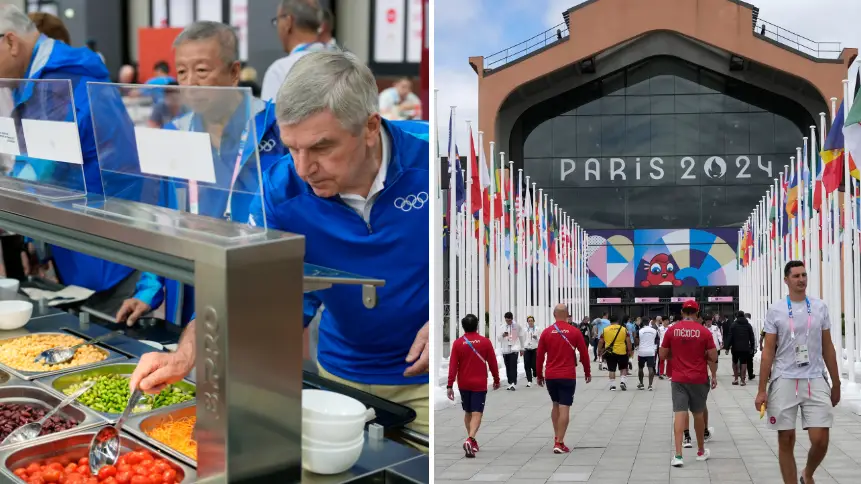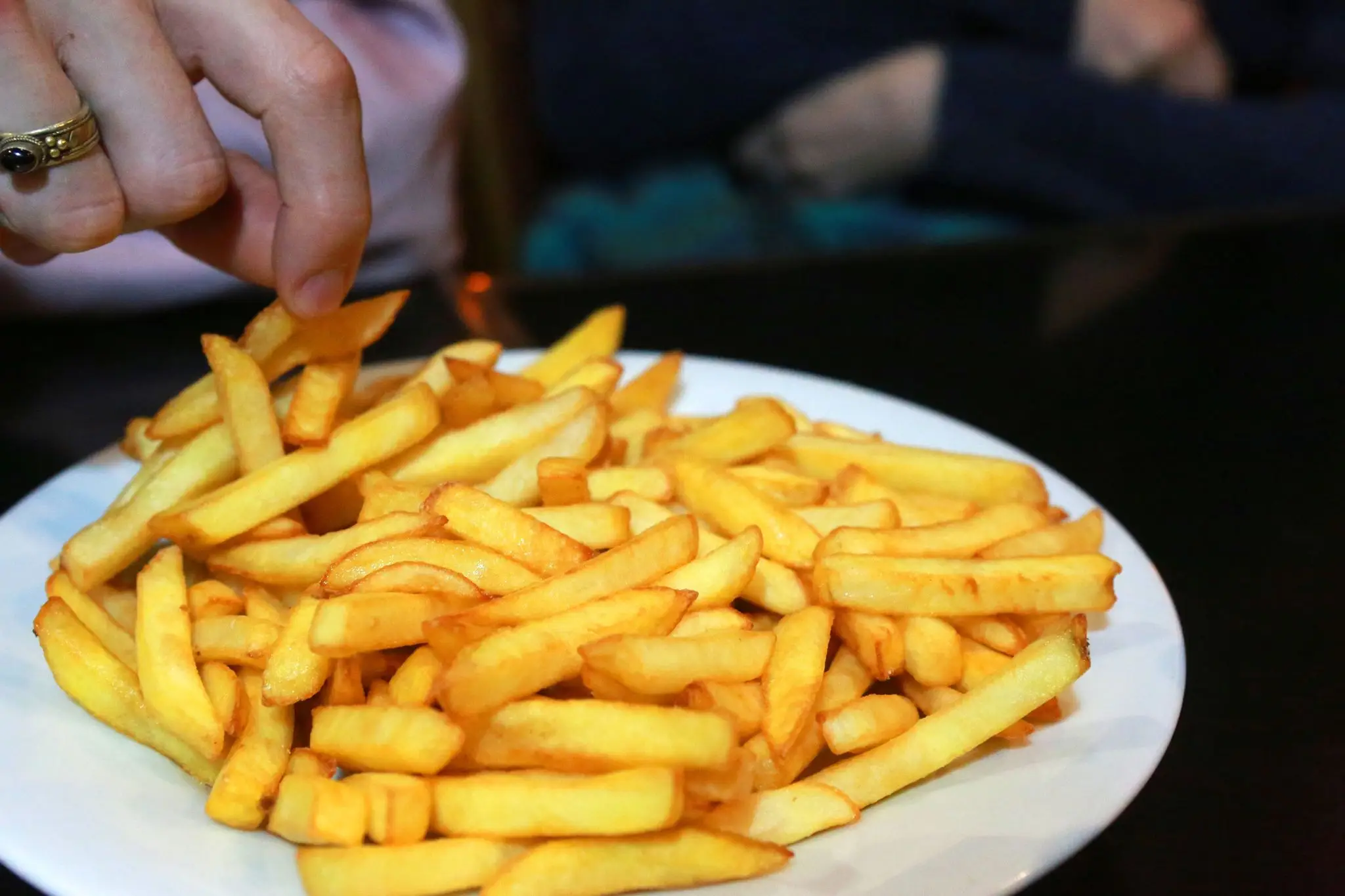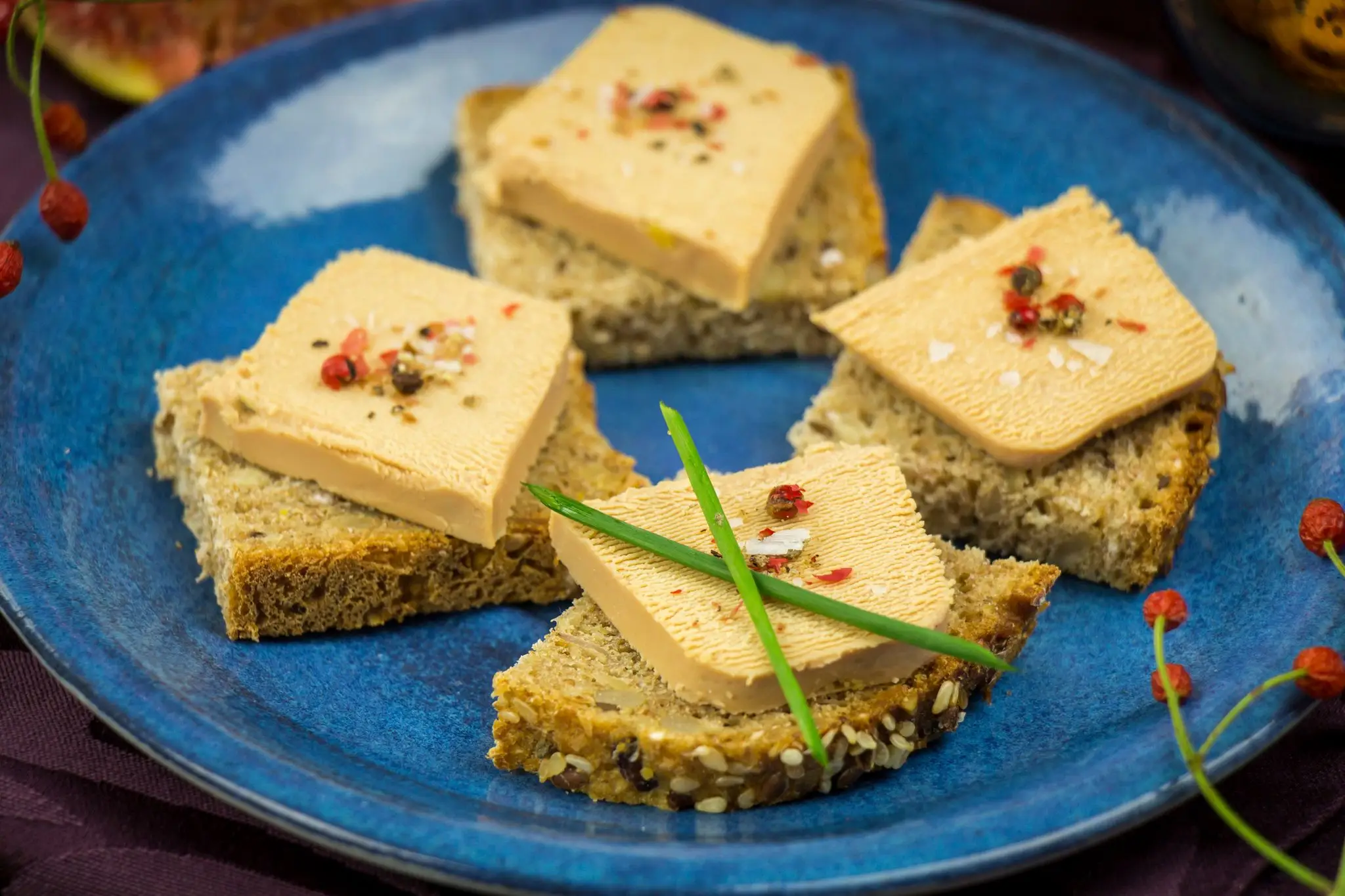
Say au revoir to these foods if you’re an Olympian visiting France this year because the menu is staying clear from these key foods.
Now that the 2024 Olympics is in full whack, tid bits of information have trickled out about certain foods that are banned from being served and you might be shocked at what they are.
You may think it’ll be dishes that are uber expensive or unhealthy like caviar, oysters or quadruple stacked burgers, but you’d be wrong.
It’s actually pretty normal food that has received the cut from the Olympic Village, where competitors are staying.
Advert
Even though the food might seem random, the policy ensures that the area is safe and that everyone’s well-being is a top priority.
So, what food is banned from the Olympics?

French Fries
Okay, so this is pretty weird given its name, but there’s a good reason for it.
According to one of the village chefs in charge, Charles Guilloy, told The New York Times in March, it’s all down to how they are prepared.
He explained: “French fries are too risky because of fire-hazard concerns over deep-fat fryers.”
Foie Gras
Now, this dish has had a lot of flack in the past due to how it’s created, and it seems as though it’s a concern at the Olympics too.
Guilloy explained that there will be no ‘foie gras because animal well-being is on everyone’s mind.’
The preparation of the dish, which translates to ‘fat liver’ was created around 2500BC and involves force feeding ducks or geese via metal pipes, which pump grains into their stomachs.
This fattens up the bird and enlarges the liver.
Even the Royals allegedly wrote to campaign group PETA that they do not serve the dish in Buckingham Palace after the way birds are treated was exposed.

Avocados
This seems a little weird considering it’s a fruit, but again, it’s all about its production.
The chef explained that the Olympics have said ‘no to avocados because they are imported from a great distance and consume a lot of water.’
Just because these three foods are banned, doesn’t mean the athletes will have a limited choice of dishes to eat during their stay.
According to The New York Times, there will be about 500 different dishes, as well as Mediterranean, Asian and Afro-Caribbean foods to choose from.
Operations Director of catering company Soxedo Live! Laurent Pasteur explained in a statement: “At the Village, catering has an important role to contribute modestly to the performance of the athletes with menus that have been adapted to suit elite sport but also satisfy the expectations of athletes from every continent, with more than 200 nationalities, so that everyone feels at home."
So, if you thought they would be eating grass, a plate of nuts and a few grapes, think again.
More likely they’re going to enjoy all the luxuries you could expect to have in Paris and more, but in a more sustainable and animal-conscious kind of way.
Topics: Food and Drink, Olympics, Sport, World News, Health, Animals, Environment
